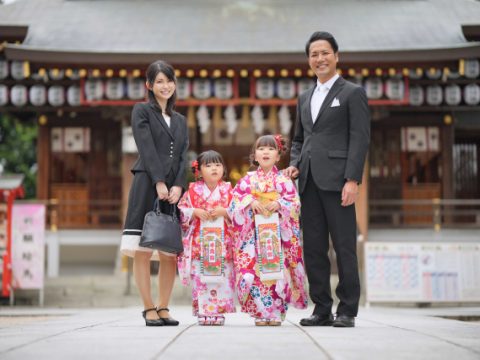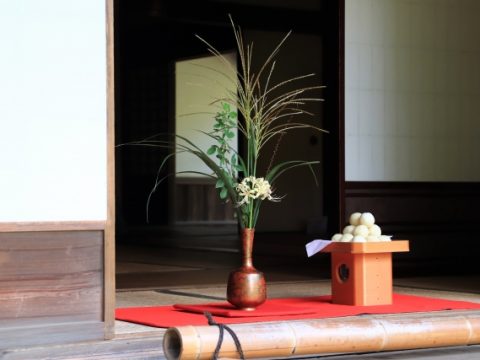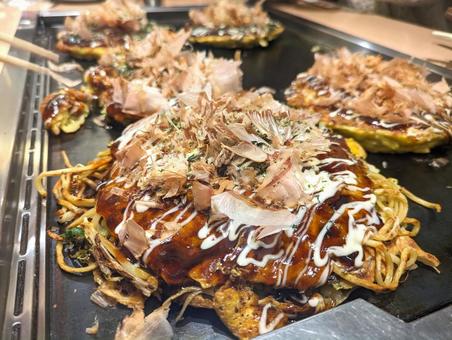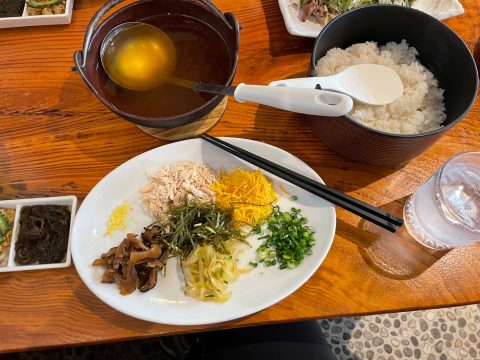Wagyu(和牛)
JAPANESE FOODS
21.02.2024

Have you heard about Wagyu beef? It’s a special kind of meat that many people love all around the world. In this post, I will talk about what makes Wagyu beef unique, how farmers raise these special cows, and why it’s so popular.
What is Wagyu?
Wagyu, which translates to “Japanese cow,” refers to a group of four native Japanese cattle breeds: Japanese Black, Japanese Brown (also known as Red Wagyu), Japanese Polled, and Japanese Shorthorn. The most renowned among them is the Japanese Black breed, celebrated for its exceptional marbling, tenderness, and rich flavor.

History of Wagyu
Wagyu can be traced back to 35,000 years. It is an ancient breed that originated in Japan. However, cattle were mainly used as draft animals in agriculture, and meat eating was banned by rulers several times in history due to the religions. Because of those reasons, the Japanese mostly avoided eating meat over 12 centuries.
The culture in Japan shifted significantly during the Meiji era (1868 -1889). The end of the samurai era and the opening of Japan to the outside world prompted the government to introduce Western cultures. This period saw the introduction of Western culinary practices, contributing to a rise in meat consumption. Japanese quickly embraced crossbreeding with Western cattle breeds, which influenced the development of Wagyu cattle today.

How is Wagyu Raised?
The unique characteristics of Wagyu result from the meticulous and specialized breeding and raising process practiced by farmers.
- Selective Breeding: Carefully choosing parent cattle based on desirable traits of characteristics like marbling, tenderness, and flavor.
- Feeding Regimen: The feeding regimen for Wagyū cattle is a crucial element in their development. Many farmers carefully control their diet, which includes high-quality grains and forages. Some farmers even incorporate unique elements like beer.
- Stress Reduction: Stress can negatively impact the quality of the meat. Wagyu are often raised in serene environments with minimal stressors, contributing to their well-marbled, tender meat.

Why is it Popular Worldwide?
- Exceptional Marbling: The high level of marbling in Wagyu beef sets it apart from other varieties. This is a well-known characteristic of Wagyu beef. The beautiful web of fat throughout the meat enhances both the texture and flavor, resulting in a melt-in-the-mouth experience.
- Flavor and Tenderness: Wagyu beef is renowned for its buttery texture and rich, umami flavor. The quality of fat creates a luxurious dining experience that has been admired by chefs and food enthusiasts worldwide.
- Culinary Versatility: Whether it’s served as a steak, in sushi, or as part of a gourmet dish, Wagyu beef cooks and pairs very well. The versatility makes it a popular ingredient for chefs.

If you love eating meat, Wagyu beef is definitely one of the must-try Japanese food. Enjoy the amazing flavor, texture, and over a century of craftmanship.

Eri Palmer
Eri grew up in Japan. She came to U.S. as an international student, and decided to stay in the country. Cooking is one of her passions, and she loves to cook Japanese food for her children.
Read previous articles by the writer
Read latest articles
KEYWORDS
- # PICKPICK
- # Resume
- # alcohol
- # Rice
- # Soup
- # winter food
- # Fast Food
- # seafood
- # spicy foods
- # raw food
- # fermented food
- # Transportation
- # MEAT
- # Edo culture
- # suits
- # clothing
- # drink
- # fish
- # seasoning
- # Japanese New Years Foods
- # Toshikoshi soba
- # Osechi Ryori
- # Ozoni
- # Christmas
- # Japanese fusion pasta
- # Wafu Pasta
- # Japanese Hot Pot
- # なべ
- # 鍋
- # Miyazaki
- # Chicken Nanban
- # Karamen
- # Autumn Wagashi
- # Mushi-yokan
- # Imo-yokan
- # Japanese Autumn Fruits
- # Autumn
- # Vending Machine
- # fall
- # dango
- # Chestnut rice
- # saury
- # Mushroom
- # Rice vinegar
- # Japanese condiments
- # 調味料
- # Sake
- # Mirin
- # Soy sauce
- # Japanese Noodles
- # Udon
- # Ramen
- # Yakisoba
- # Soba
- # Japanese Seaweed
- # 海藻
- # かいそう
- # Payslip
- # Training
- # Japanese summer foods
- # 和菓子
- # Wagashi
- # ryokucha
- # 夏
- # 飲み物
- # Ramune
- # ラムネ
- # Pokari Sweat
- # ポカリスエット
- # Calpis
- # カルピス
- # Mugicha
- # ume
- # 梅
- # うめ
- # umeshu
- # job hunting
- # tofu
- # Recruitment in Japan
- # miso
- # Japanese cuisine
- # Yellowtail and bonito
- # Children’s Day
- # Kashiwa Mochi
- # Chimaki
- # fruits
- # Kusamochi
- # Types of Agriculture in Japan
- # bread
- # パン
- # パン屋さん
- # japanese bread
- # shokupan
- # meal blead
- # anko bread
- # 桜
- # さくら
- # cherry blossom
- # visa
- # hanami
- # omotenashi
- # sakura
- # おもてなし
- # Japanese hospitality
- # oshibori
- # wet hand towel
- # hand towel
- # restaurant
- # Commuting in Japan
- # Women-only cars
- # Exit gate
- # japanese train
- # train
- # valentine
- # Japanese sweets
- # 朝食
- # Japanese Breakfast
- # Breakfast
- # Japanese
- # 日本
- # healthy
- # persimmons
- # hoshigaki
- # HR
- # work in Japan
- # jinji ido
- # corporate systems
- # Japanese work culture
- # bento
- # ekiben
- # shinkansen
- # omiyage
- # train station
- # Japanese culture
- # work culture
- # mentaiko
- # umeboshi
- # Japanese snacks
- # potato chips
- # Japanese potato chips
- # Japanese writing
- # seaweed
- # konbu
- # ocean foods
- # shio konbu
- # dashi
- # miso soup
- # food processing
- # pear
- # nashi
- # sweet potato
- # japanese sweet potato
- # stingray
- # satsuma imo
- # food value chain
- # homecooking
- # agriculture
- # Japanese homecooking
- # farming
- # nikujaga
- # shojin ryori
- # meat and potatoes
- # traditional foods
- # comfort food
- # buddhist food
- # manufacturing
- # factory
- # eihire
- # vegetarian
- # food and beverage
- # izakaya
- # yatai
- # japanese festival
- # taiyaki
- # matsuri
- # summer
- # Ikayaki
- # smart agriculture
- # shaved ice
- # kakigori
- # かき氷
- # summer dessert
- # Japan
- # Japanese foods
- # dessert
- # fruit
- # matcha
- # icecream
- # Pikcup
- # Pikc up
- # Pcikup
- # skilled labor visa
- # working visa japan
- # Dineer Table in Japan
- # Japanese manner
- # Japanese food
- # Japanese Table Manner
- # Chopsticks
- # Japanese traffic signs
- # traffic information
- # road rules in Japan
- # chocolate
- # green tea
- # Osaka
- # Work Japan
- # Japanese company
- # ikura
- # sushi
- # nigiri
- # wasabi
- # PCIK
- # PICK UP
- # PICK
- # PICKUP








